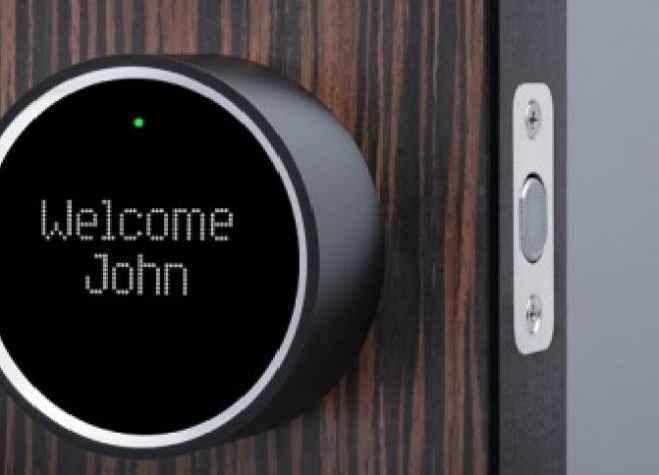Phuket hotels have been told that it is urgent for them to use cutting-edge technology as a way of offering a more personalized customer experience to hotel guests. This must be balanced with the standard human touch. All of this information was shared at the International Hotel Investment Forum in Berlin.
Airbnb has been changing the face of the Hospitality industry. It is expected to break $1 billion US in profit for 2016. Grant Thornton has warned firms that those who fail to personalize using technology risk losing numbers and growth could suffer. With Airbnb gaining in popularity, it provides convenience. Guests expect the same convenience and immediacy as when they are at home doing everything on their smart phones.

“Personalize or perish should be the mantra at the heart of hotel companies’ efforts to build their brands and lay platforms for long term-success. But many are struggling to make the necessary inroads to remain relevant to the guests of tomorrow,” explains Gillian Saunders, a global leader in the travel and tourism industry.
A news report from Thornton highlights various pressures that hotel space, which includes the increasing influence of travel agents online. It is rapidly becoming apparent that the needs and expectations of guest are evolving.
Mastering big data is fundamental to addressing the various challenges that hotels face. This will help to personalize the guest experience. Separate research identifies that only approximately 10% of companies in the tourism industry plan on increasing research and development expenses in 2016 – which can result in problems.
Tom Sorensen, a hospitality and tourism leader who identifies with the needs of hotel management explains that technology is a significant driver in the hotel industry today. The Internet of things as well as big data is being used to understand as well as predict the behaviour of guests. The analytic technology makes sense of the noise and helps to enrich guest experiences beginning with pre-arrival and ending with post departure. This can also ensure that staff is trained and effectively.
New tools also make it possible to target services that guests may need. In order to keep pace with the industry, there needs to be a significant investment in technology as well as staff training. The training is critical because it leads to the human interaction that the entire industry was built upon.

The human touch must be maintained at all costs. There are too many hotels that go from one extreme to the other – either standardized everywhere or extreme personalization – and it’s not working. Some automation is a good thing as it will allow hotel staff to have more time to interact with guest and provide a more personal approach where it is needed. Using technology to identify these areas of opportunity is what can really make the largest impact. Thornton identifies several hotel brands that have used innovation as a way of personalizing the experience for their guests. Starwood hotels allow guests to bypass check-in and use smart phones to unlock rooms. The Sheraton in Bratislava uses guest likes from social media as a way of providing tailored gifts upon check-in.
There are both technological and human innovations that can be deployed as a way of improving customer experience, and these are all identified in the report. It is critical that Thailand hotels understand that the experience begins prior to check-in and continues even after a person has gone back home.
Further, it is critical that hotel brands not only invest in higher and data management technology, but also take the time to measure how it impacts guest satisfaction. There needs to be a balance between data harvesting, respecting customer privacy, and ensuring that people are getting exactly what they want and need.
The most innovative hotels around the world are already responding to the different challenges. The brands are slowest to react, such as some of the Phuket hotels, are the ones that are going to find themselves adrift.






